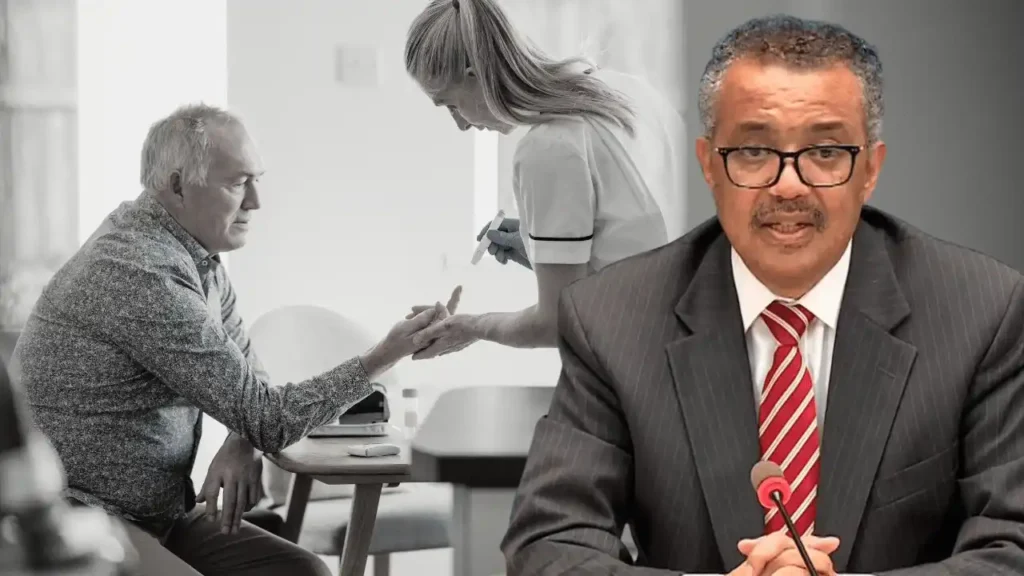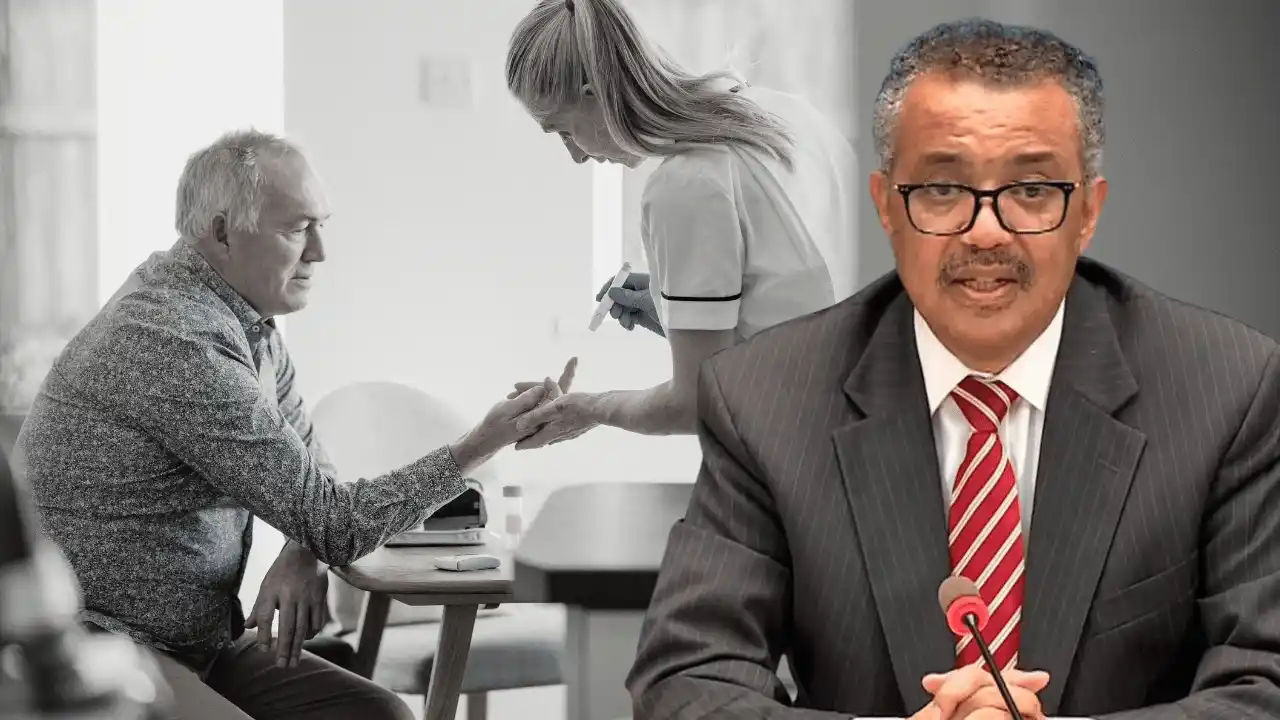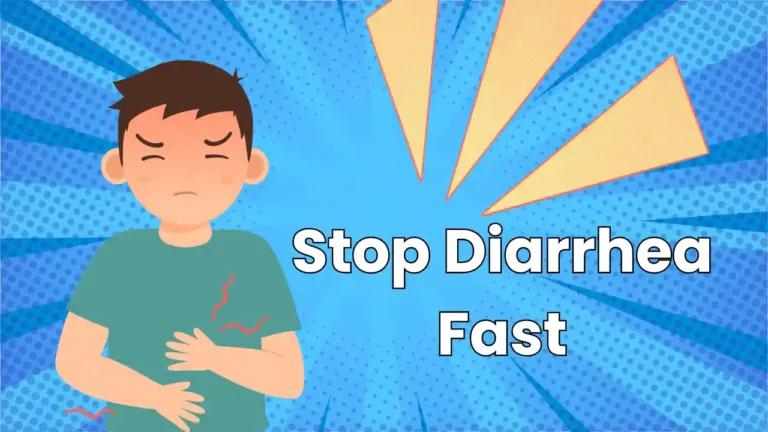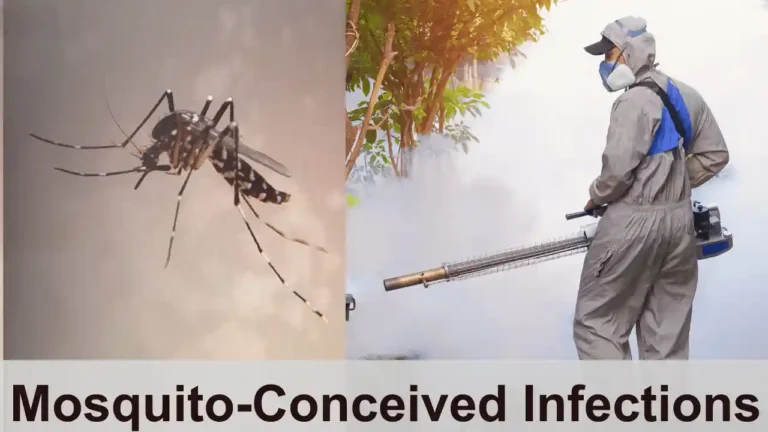Mpox Outbreak Declared a Global Health Emergency: WHO Raises Alarm
In a significant development that has sent shockwaves through the international health community, the World Health Organization (WHO) has officially declared the mpox outbreak a global health emergency. This declaration, made on August 14, 2024, marks a crucial turning point in the fight against this resurging viral disease, formerly known as monkeypox. The outbreak, which has seen a particularly severe impact in Africa, has now spread to multiple continents, prompting urgent action from health authorities worldwide.
Understanding Mpox: A Zoonotic Threat
What is Mpox?
Mpox is a viral zoonotic disease, meaning it can jump from animals to humans. The causative agent, the mpox virus, belongs to the same family as the notorious smallpox virus. First identified in 1958 in a colony of monkeys, hence its original name “monkeypox,” the virus has been found in various rodents and other animals. Human cases were initially reported in 1970 in the Democratic Republic of the Congo (DRC).

Symptoms and Transmission
Mpox presents with symptoms reminiscent of smallpox, albeit generally milder. Infected individuals typically experience:
- Fever
- Headache
- Muscle aches
- Backache
- Swollen lymph nodes
- Chills
- Exhaustion
A distinctive hallmark of mpox is the development of a rash, often beginning on the face before spreading to other parts of the body. This rash progresses through several stages, eventually forming scabs that fall off.
Transmission of the virus occurs through close contact with infected individuals or animals, as well as contaminated materials. Human-to-human spread primarily happens via:
- Respiratory droplets
- Direct contact with body fluids
- Contact with skin lesions
- Contaminated objects like bedding or clothing
The Current Mpox Outbreak: A Global Perspective
African Epicenter
The ongoing mpox outbreak has hit Africa particularly hard. The WHO reports cases in over a dozen countries on the continent, with the Democratic Republic of the Congo, Burundi, Kenya, Rwanda, and Uganda experiencing significant case surges. The scale of the outbreak is staggering, with over 14,000 reported cases and 524 deaths in 2024 alone – a dramatic increase from previous years.
Global Spread
What sets this outbreak apart is its unprecedented global reach. Cases have now been reported across Europe, North America, and Asia, raising concerns about the potential for a pandemic reminiscent of the COVID-19 crisis. This international spread has underscored the need for a coordinated global response to contain the virus and support affected regions.
WHO’s Declaration: A Call to Action
Public Health Emergency of International Concern
The WHO’s declaration of the mpox outbreak as a Public Health Emergency of International Concern (PHEIC) on August 14, 2024, represents the highest level of alert under international health regulations. This decision followed recommendations from the International Health Regulations (IHR) Emergency Committee and aligned with the earlier declaration by the Africa Centers for Disease Control and Prevention (CDC).
Objectives of the Declaration
The PHEIC declaration serves multiple crucial purposes:
- Mobilizing international resources and support for affected countries
- Raising global awareness about the outbreak
- Encouraging countries to implement preventive measures
- Enhancing surveillance and contact tracing efforts
- Promoting isolation of infected individuals
- Accelerating vaccination campaigns
Challenges in Controlling the Mpox Outbreak
Vaccine Availability
One of the primary obstacles in managing the mpox outbreak is the limited availability of vaccines. While smallpox vaccines have shown effectiveness against mpox, their distribution is far from widespread, particularly in low-income countries. The WHO has issued urgent calls for increased vaccine production and equitable distribution to ensure access for those most at risk.
Stigma and Discrimination
Another significant challenge is the stigma associated with mpox. The disease has been disproportionately linked to certain communities, particularly men who have sex with men, leading to discrimination and reluctance to seek medical care. Addressing this stigma is crucial to ensure that all affected individuals have equal access to care and support.
Global Response and Support Initiatives
WHO Regional Response Plan
In response to the escalating crisis, the WHO has developed a comprehensive regional response plan. This initiative requires an initial investment of $15 million to support critical activities such as:
- Enhanced surveillance
- Improved preparedness measures
- Targeted response activities
Funding for this plan includes allocations from the WHO Contingency Fund for Emergencies, with additional calls for donor support to meet the growing needs of affected countries.
Collaborative Efforts
The WHO is working in close collaboration with:
- National governments
- The Africa CDC
- Various international partners
These collaborative efforts aim to:
- Understand the drivers of the outbreak
- Improve laboratory diagnostic capabilities
- Enhance disease surveillance systems
- Strengthen readiness and response actions
The overarching goal is to prevent further infections and provide comprehensive support to affected communities in managing the outbreak.
Implications and Future Outlook
The declaration of the mpox outbreak as a global health emergency has far-reaching implications for international health policy and resource allocation. It underscores the interconnectedness of global health and the need for rapid, coordinated responses to emerging threats.
As the world continues to grapple with this crisis, several key areas will require ongoing attention:
- Vaccine Development and Distribution: Accelerating the production and equitable distribution of effective vaccines will be crucial in controlling the spread of mpox.
- Research and Surveillance: Continued investment in research to understand the virus better and improve surveillance systems will be essential for early detection and response.
- Healthcare System Strengthening: Supporting and strengthening healthcare systems, particularly in vulnerable regions, will be vital for managing current and future outbreaks.
- Public Education and Awareness: Combating misinformation and educating the public about mpox prevention and symptoms will play a critical role in controlling the outbreak.
- International Cooperation: Fostering greater collaboration between nations and international health organizations will be key to mounting an effective global response.
Conclusion
The mpox outbreak’s elevation to a global health emergency status marks a critical juncture in the fight against this resurgent disease. As the virus continues to spread across continents, the need for a unified, global response has never been more apparent. The WHO’s declaration serves as a rallying cry for international cooperation, resource mobilization, and heightened vigilance.
While the challenges ahead are significant, they are not insurmountable. By learning from past experiences with global health crises and leveraging advances in medical science and technology, the international community has the tools to combat this outbreak effectively. However, success will depend on swift action, equitable distribution of resources, and a commitment to protecting the most vulnerable populations.
As we move forward, it is crucial for individuals, communities, and nations to remain informed, vigilant, and supportive of global health initiatives. Only through collective effort and solidarity can we hope to overcome this latest threat to global public health and build a more resilient health infrastructure for the future.







